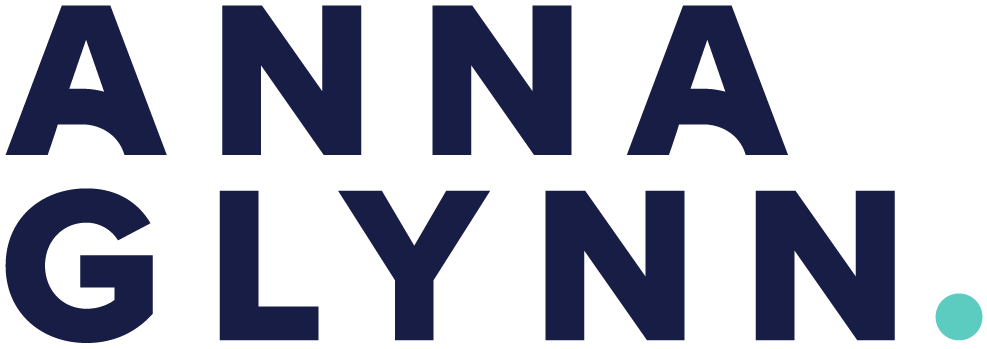I’d like you to think about a time when you were fully absorbed in an activity and everything around you disappeared. Your mind would have been focused on nothing but the task at hand. Time would have ticked by without you realising and you would have had no real experience of feelings or emotions. You weren’t day dreaming but fully concentrating, and you were using your strengths to overcome the challenge in front of you.
What I have described is the optimal experience, a state of flow.
A flow state refers to those times that you are at peak engagement.
For me, these days, this occurs most often when I am writing my blog.
Mihaly Csikszentmihalyi, one of the cofounders of Positive Psychology, developed the term flow state after interviewing people on what makes them happy. They described their optimal states of performance as instances when their work simply flowed out of them without much effort.
Flow occurs when there is a balance between the challenge at hand and the ability of your strengths to meet that challenge. Yet, if the task is too challenging this will lead to anxiety, and if it is too easy you will be bored.
Work is the best place for the state of flow to occur for most people, and these times should be captured so they can be recreated again in the future. But flow is not limited to work, it can be found in other activities including sports, art, music and cooking. Things like watching TV, flicking through Instagram and doing housework won’t lead to experiences of flow as there is no stretch of your skills from these activities. And states of flow will differ between different people, cultures and countries.
Through his research, Csikszentmihalyi concluded that flow has several important characteristics:
- Clear goals and feedback on progress
- Complete concentration
- Actions and awareness are merged
- Losing awareness of oneself or self-consciousness
- Sense of control
- Transformation of time
- Activities are intrinsically rewarding.
For more detail, you can read Csikszentmihalyi’s best-selling book Flow: The Psychology of Optimal Experience and view his Ted Talk on the topic, which has more than 3.5 million views.
Although you tend to not feel emotions during a period of flow, your experience of it will cultivate positive emotions as per the wellbeing framework PERMA. And this is why there is a strong link between flow and happiness.
So how you can increase your moments of flow?
Find out what you love to do and when you perform at your best by using your strengths. Once uncovered, the aim is to keep doing these things and getting better at them so you can spend more time in this zone.





